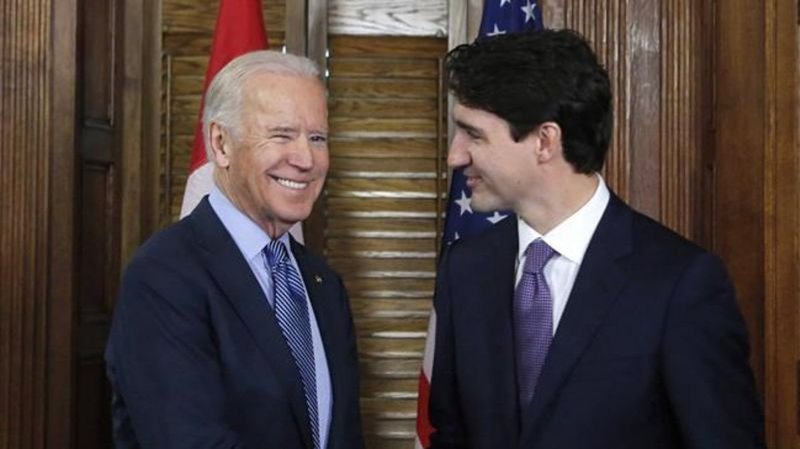
A Biden presidency could mean good news for Canadian environment policy: observers
OTTAWA — The day after Americans go to the polls to choose their next president, the United States will become the first and only country in the world to withdraw from the Paris climate change pact.
Whether that withdrawal becomes permanent will depend on who wins that election — Donald Trump, who is behind the withdrawal, or Joe Biden, who has promised to put the U.S. back into the agreement as soon as possible.
For Canada, having the U.S. back in the Paris pact, and the resulting domestic U.S. policies on the environment that will follow, could both open markets for Canadian clean energy technology, and level the playing field for Canadian companies competing against Americans with fewer environmental regulations and taxes.
Experts and observers say even a U.S. outside the Paris agreement may ultimately end up in the same place, with state governments going it on their own, renewable energy prices becoming more attractive, and global investors increasingly viewing carbon footprints as a critical element in their investment decisions.


